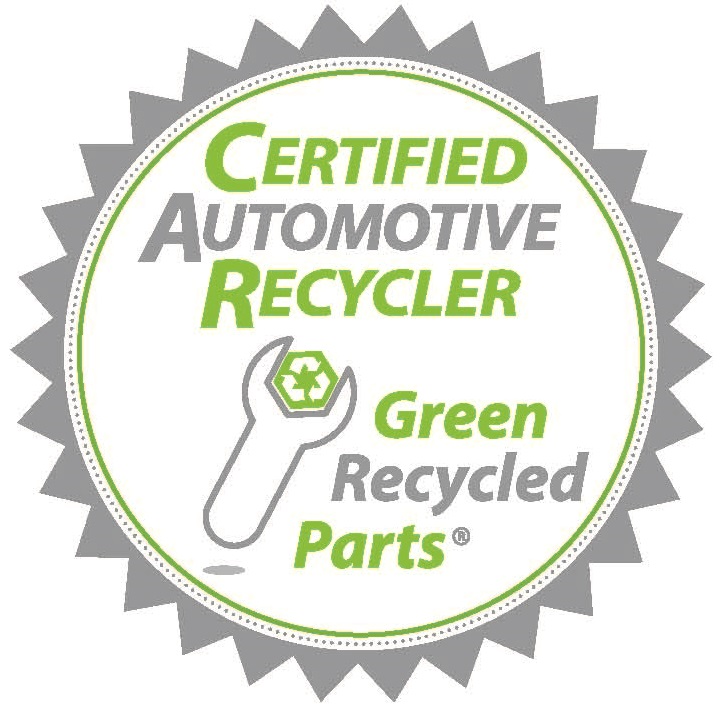What You Need to Know
Windshield wiper fluid is basically a detergent cleaning fluid. Since wiper fluid recovered from the automotive fluid evacuation process is made up of wiper fluid from a variety of vehicles it is best to manage all wiper fluid generated as cold weather wiper fluid. The cold weather wiper fluid contains methanol to keep from freezing and is toxic as compared to warm weather formulations. Methanol has a high toxicity in humans and is flammable. Methanol is poisonous to the central nervous system and may cause blindness, coma, and death. In the environment wiper fluid may dissipate quickly but a large spill could impact groundwater.
Environmental Regulations
Do not to mix windshield washer fluid with other fluid that could make it unusable as wiper fluid. If uncontaminated and destine for re-use, it may not be a waste at all but simply recovered wiper fluid that may be of value, since recovered washer fluid can be resold as a retail product.
But even if kept it clean, do not pour waste washer fluid down the drain. Waste washer fluid cannot be disposed of onto the ground, in septic tanks, in sewer systems, or storm drains. In fact, waste washer fluid, like waste fluid mixtures, is subject to hazardous waste determination. In the case of low temperature formulation, waste windshield wiper fluid is a hazardous waste due to ignitability (flashpoint below 140o F).
Safety Regulations
Personal protective equipment such as gloves may protect dismantlers from repeated exposure. Wiper fluid that does not contain anti-freezing agent does not pose a risk. Download a sample Safety Data Sheet for Windshield Wiper Fluid.
Best Management Practices (BMPs)
Most regulations tell you what you have to do to be in compliance, but they don't explain how to do it. That's where "best management practices" come into play. BMPs are proven methods that help you to get into compliance and stay there. The following BMPs are recommended for management and recycle of window-washing fluid:
• Drain windshield washer fluid during dismantling and before vehicle is stored in the yard.
• Store re-usable windshield washer fluid on an impermeable surface in covered containers that are clearly marked "Windshield Washer Fluid” and have the applicable OSHA HGS labeling.
• Reuse reclaimed windshield washer fluid in facility vehicles or sell as a retail product.
• Make a hazardous waste determination on waste windshield washer fluid or assume cold weather windshield washer fluid to be hazardous due to ignitability.
• If hazardous, manage waste windshield washer fluid accordingly by clearly marking waste containers as “Hazardous Waste” with disposal through an EPA-permitted hazardous waste management company with record retention.
Self-Audit Checklist
When an inspector comes to the facility, there are certain things checked to see for compliance with regulations. It makes good sense to perform a "self-audit" and catch and correct problems before they result in penalties. Use the following list to audit your procedures for recycle/disposal of window-washing fluid.
1. Is windshield washer fluid generated and re-used/sold at the facility? Then it is not a waste. Safely store the label product until use.
2. Is waste windshield washer fluid generated at the facility and properly disposed of as a hazardous waste? Maintain disposal records for three years and log in monthly hazardous waste inventory.
Resources
Related ECAR Fact Sheets
While we have tried to present a summary of the essential information on this topic, you should be aware that other items, such as local regulations, may apply to you. Please read the disclaimer.
ECAR Fact Sheet Puerto Rico Windshield Wiper Fluid
Fact Sheet Status and Disclaimer
The following compliance assistance information for the state is subject to all of the warranties and disclaimers associated with this internet website [Read full disclaimer]. Please note that this information has been submitted or will be submitted to the state agencies responsible for implementing environmental laws and regulations for their review and comment. This note is provided only for your informational purposes and does not change or alter any warranties or disclaimers, including, for example, your responsibility to seek appropriate legal or technical assistance to interpret the state's laws as needed.
The fact sheets are designed to assist automotive recyclers with operating their businesses and managing their wastes in compliance with the environmental laws in Iowa. ECAR tries to provides timely and essential information on this topic, but be aware that other items, such as local regulations and recent changes, may apply. Read the Disclaimer. To view other Puerto Rico FACT SHEETS return to the ECAR Virtual Tour.



